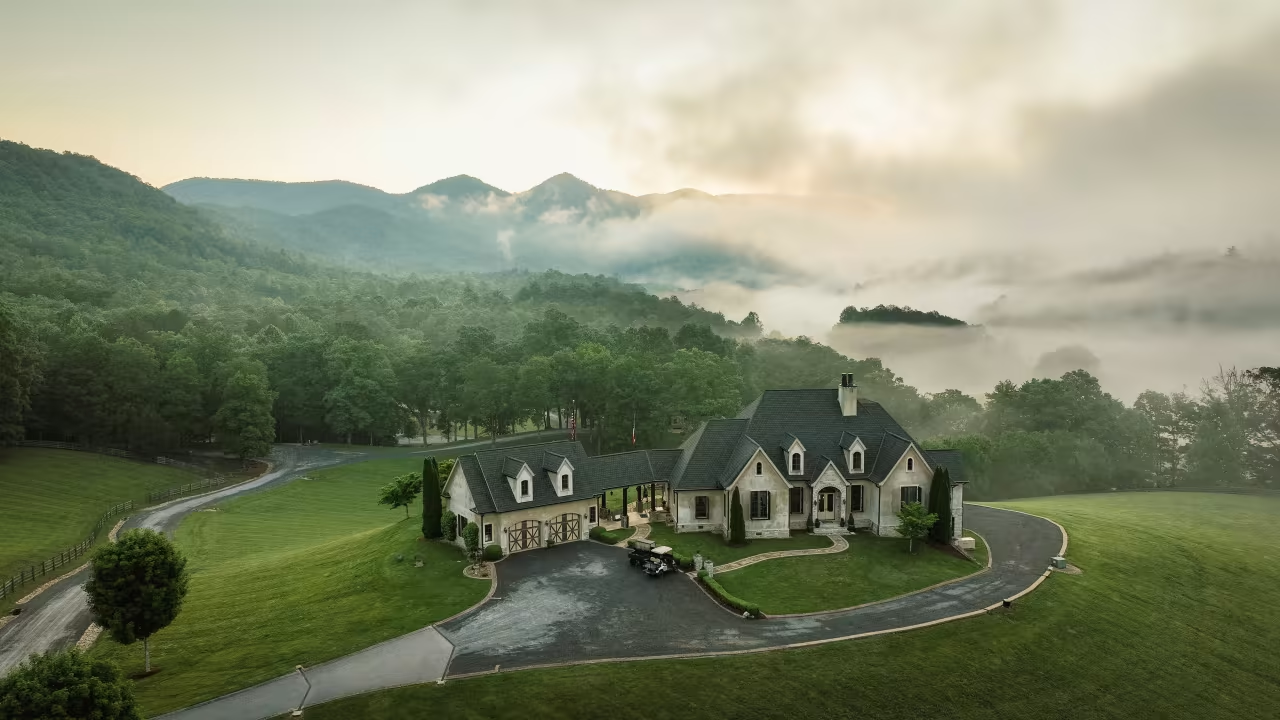
John Hawk Insunrated – Luxury farms are quickly becoming the most surprising trend in modern travel. What was once a humble idea of farm stays has now evolved into high-end experiences that combine nature, mindfulness, and gourmet cuisine. Today’s travelers are no longer just searching for five-star hotels or tropical beaches. They want purpose, connection, and personal transformation. This is where regenerative farming comes in. The concept focuses on healing the land and producing food that nourishes both body and soul. Locations like Heckfield Place in the UK and La Donaira in Spain are offering more than just accommodation. Guests take part in farm rituals, yoga in wildflower meadows, and dine on biodynamic meals grown just steps from their rooms. The world of travel is shifting, and these luxury farms are leading a movement that values sustainability and well-being over opulence and excess.
The most impressive part of these luxury farms is how they balance environmental ethics with indulgent comfort. Luxury farms such as Blackberry Farm in the United States give visitors a unique chance to reconnect with the earth while enjoying world-class service. This new wave of agritourism does not resemble rustic or basic countryside lodging. Instead, these estates feature design-forward rooms, curated wellness programs, and chef-led dining experiences that use regenerative ingredients. Guests are offered opportunities to explore farming practices, from composting and seed saving to harvesting and fermentation. Luxury farms have turned sustainability into something aspirational rather than a compromise. These retreats often come with spa treatments, forest bathing, and guided meditation. It is not just about escaping the city anymore but about returning to a more grounded lifestyle. The result is a travel experience that is immersive, healing, and deeply memorable.
“Read about: The Ultimate Family Vacation Guide: Stress-Free, Kid-Approved!”
Imagine waking up to the scent of herbs grown just outside your suite and walking barefoot across a garden to your morning sound bath. This is what awaits visitors at luxury farms that offer regenerative retreats. The day might include helping with seasonal planting, followed by farm-to-table cooking classes and evening storytelling around a fire. There are no rigid itineraries or loud crowds. Instead, these farms focus on creating personal journeys for each guest. Children can learn how to milk goats or collect eggs, while adults take part in workshops on herbal medicine or soil regeneration. The environment itself becomes part of the therapy. Guests often describe the experience as transformative and grounding. While luxury farms offer high comfort, the heart of the visit is connection to the land. By the time people leave, they not only feel rested but more attuned to their role in the natural ecosystem.
What started as a niche concept is now turning into a multi-billion-dollar industry. Analysts expect the regenerative farm tourism market to reach 14 point 5 billion dollars by 2029. Social media influencers, health-conscious families, and eco-aware millennials are fueling demand for authentic and sustainable experiences. Luxury farms meet this demand by offering more than just green credentials. They promise transformation through nature, education through experience, and luxury without guilt. Global interest has expanded rapidly across Europe, North America, and now Asia. In Japan and Indonesia, farm retreats are incorporating traditional agricultural methods into their offerings. Investment in this sector is also rising. Real estate developers are now looking at farmland as the next frontier for boutique hospitality. As more travelers seek alternatives to conventional tourism, luxury farms are becoming a top-tier choice for wellness-oriented explorers who care about the planet as much as personal comfort.
“Read more: How Farah Quinn Became the Most Stylish Chef in Asia”
Luxury farms represent a deeper shift in how people see value in travel. Instead of buying souvenirs, guests are returning home with life skills and new mindsets. These retreats offer a slower rhythm, guided by the seasons and local ecology. Travelers no longer see dirt under their fingernails as discomfort but as a badge of purpose. Luxury is being redefined not by marble lobbies or infinity pools but by food grown with care and conversations shared under the stars. Regenerative tourism also benefits the surrounding communities. Local farmers, artisans, and educators are brought in to share knowledge and sustain the region’s economy. This new model is not just about escaping to the countryside but about rediscovering what it means to live well. As cities grow noisier and stress more common, luxury farms may hold the answer to both inner peace and planetary health.
[SITE_NAME] - film reviews that feel more like conversations have reshaped how audiences engage with cinema by fostering inclusive dialogue…
John Hawk Insunrated – The resurgence of analog aesthetics modern creative enthusiasts is redefining how artists and collectors engage with…
John Hawk Insunrated - personal experiments that changed my approach to daily decisions have profoundly influenced my mindset and problem-solving…
John Hawk Insunrated - creativity doesn’t have complicated formulas or rules, yet many assume innovation requires complex methods. Simplifying creativity…
John Hawk Insunrated - travel inspires my creative projects by opening new perspectives, enriching experiences, and sparking innovative ideas that…